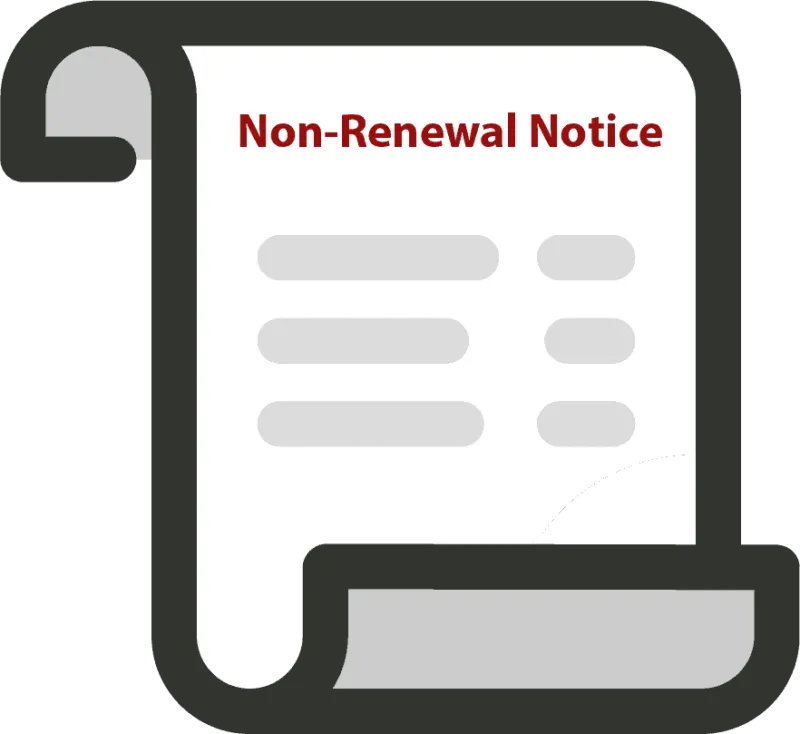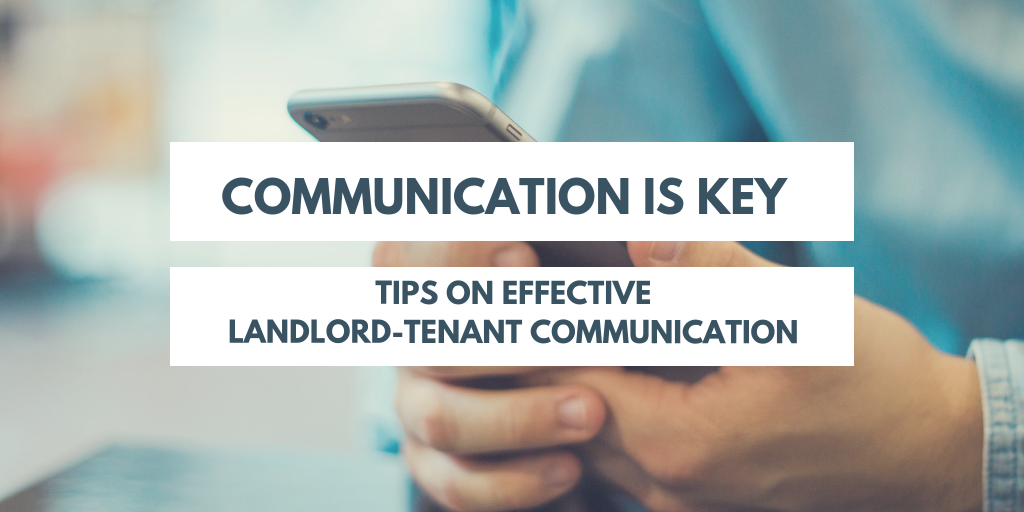When to Hire a Property Manager
Hiring a property manager can be a beneficial decision for real estate investors or property owners who find themselves overwhelmed with the responsibilities of managing their properties. Here are some situations when you might consider hiring a property manager:
- Limited Time or Availability:
- If you have a busy schedule or live far away from your rental property, a property manager can handle day-to-day tasks, saving you time and travel. The low cost of a property management company is tax deductible and will free up your time to do more of what you love – spend it with your friends, family, traveling, or just not being bothered by issues when they arise.
- Multiple Properties:
- Managing multiple properties can become challenging. A property manager can efficiently handle the demands of multiple units, ensuring that each property receives proper attention. They have the tools setup to manage work orders, tenant lease ledgers, documents, and other necessary items and issues.
- Lack of Expertise:
- If you’re not familiar with property management laws, tenant-landlord regulations, or property maintenance, hiring a professional can help you navigate these complexities and avoid legal issues. Massachusetts has very strict landlord-tenant laws and they vary by town/city which makes it more difficult to know each one but more important to hire someone who works in those dedicated areas.
- Tenant Issues:
- If dealing with tenant-related matters, such as screening, leasing, and handling disputes, becomes burdensome, a property manager with experience in tenant management can be invaluable. It’s important to know what to say and how to communicate with tenants so that you are not crossing any boundaries or risking any legal issues. What you might think isn’t a big deal could actually be illegal.
- Property Maintenance Challenges:
- If you’re not equipped to handle maintenance requests, repairs, and emergencies, a property manager can coordinate and oversee these tasks, ensuring the property is well-maintained. A good property management company will have trusted and vetted vendors as well as in-house technicians. In the current business environment, finding good vendors who will schedule, show up, and charge appropriately is becoming increasingly difficult. Many are not taking on more clients, and if they do, they will schedule a month out, which is not beneficial for you, the property, or your residents.
- Desire for Passive Income:
- If your goal is to generate passive income and you don’t want the hands-on involvement of day-to-day management, a property manager can take care of the operational aspects for you.
- Legal Compliance Concerns:
- Property managers are often well-versed in local, state, and federal laws related to property management. If you’re concerned about compliance, hiring a professional can mitigate legal risks.
- Financial Management:
- Property managers can handle rent collection, financial reporting, and budgeting, ensuring that your investment remains financially sound.
- Scale and Growth:
- As your real estate portfolio grows, managing properties becomes more complex. A property manager can help you scale your operations efficiently.
- Stress Reduction:
- If the stress and pressure of managing a property are impacting your well-being, hiring a property manager can provide peace of mind and allow you to focus on other aspects of your life or business.
Before hiring a property manager, it’s essential to carefully consider your specific needs, budget constraints, and the qualifications of potential candidates or management companies. Additionally, thoroughly research and interview candidates to ensure they align with your goals and expectations for the property. A good property management company should provide clear communication, have systems setup for tenant and work order management, rent collection, and monthly owner statements. You should confirm what fees they charge – both advertised and hidden (such as charging a percent ontop of vendor bills, charging for scheduling, lease creation, etc). Find a company that is aligned with your financial goals who charge monthly management fees as a percent of rent and not charge fees ontop of vendor bills, for scheduling, leasing, or renewals to name a few.



